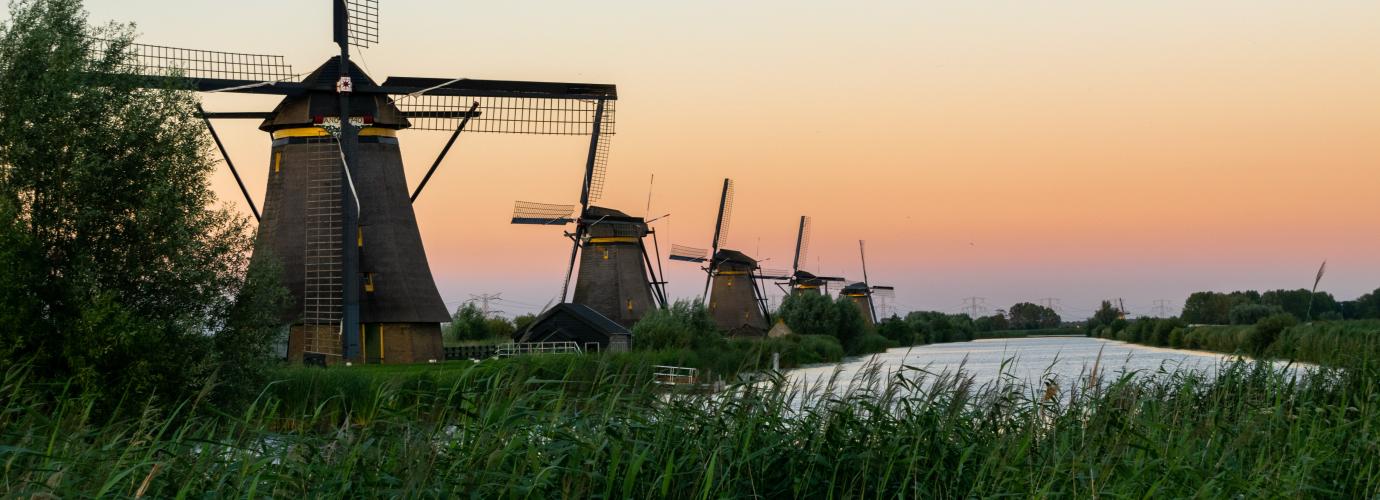There are two types of recognised higher education institution in the Netherlands:
- universities and HBO institutions funded by the government, which are listed in the Higher Education and Research Act (WHW);
- private-sector institutions that do not receive government funding. Their courses and the certificates they award to graduates are legally recognised after they have been approved by the Education Inspectorate and the Netherlands-Flanders Accreditation Organisation (NVAO).
Section 1.3 of the Higher Education and Research Act (WHW) (only in Dutch available) lists three categories of recognised higher education institution: universities (including theological and humanist universities), HBO institutions (hogescholen) and the Open University.
- Universities focus on academic teaching and research. They provide initial degree programmes, carry out academic research, train researchers and design engineers and transfer knowledge for the benefit of the community.
- Theological and humanist universities provide academic training for occupations and professions based on a specific belief system. They carry out theological and humanist research, train researchers and transfer knowledge for the benefit of the community.
- HBO institutions (hogescholen) provide higher professional education. They contribute to the development of those occupations to which their teaching is geared and conduct design and development activities and research related to specific occupations. They provide bachelor’s degree programmes and in some cases master’s degree programmes, and transfer knowledge for the benefit of the community.
- The Open University provides academic and higher professional education, carries out academic research and research related to specific occupations in line with its remit, and contributes to innovation in higher education. It offers mainly initial education courses in the form of distance education.
Click here for a diagram of the Dutch higher education system.
Recognised institutions receive funding from the Ministry of Education, Culture and Science or the Ministry of Economic Affairs. Students are required to pay tuition fees as fixed by the government. A total of 37 HBO institutions currently receive central government funding. The Ministry of Economic Affairs is responsible for funding three of these, which provide agricultural and environmental education.
The Netherlands-Flanders Accreditation Organisation (NVAO) is tasked with accrediting study programmes in higher education. Study programmes receive accreditation when the NVAO has approved their quality. All statutorily recognised study programmes at universities and HBO institutions are listed in the Central Register of Higher Education Study Programmes (CROHO; only in Dutch available).
Private-sector institutions
Private-sector institutions are not covered by the Higher Education and Research Act. They include foreign universities and business schools to which Dutch government regulations do not apply. Any private-sector institution established in the Netherlands can apply for accreditation (the official seal of approval that the education it provides meets Dutch quality standards). Private-sector institutions that do not receive government funding can be recognised by the Minister of Education, Culture and Science as ‘legal persons providing higher education’ and provide accredited study programmes. After accreditation, these programmes are legally recognised. Certificates awarded by private-sector institutions are equivalent to those awarded by publicly-funded institutions.

